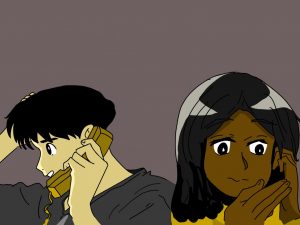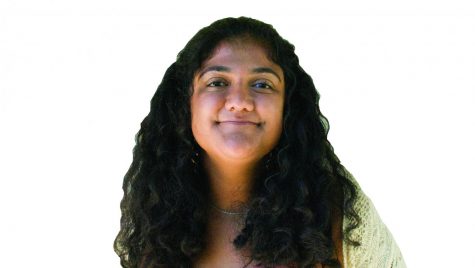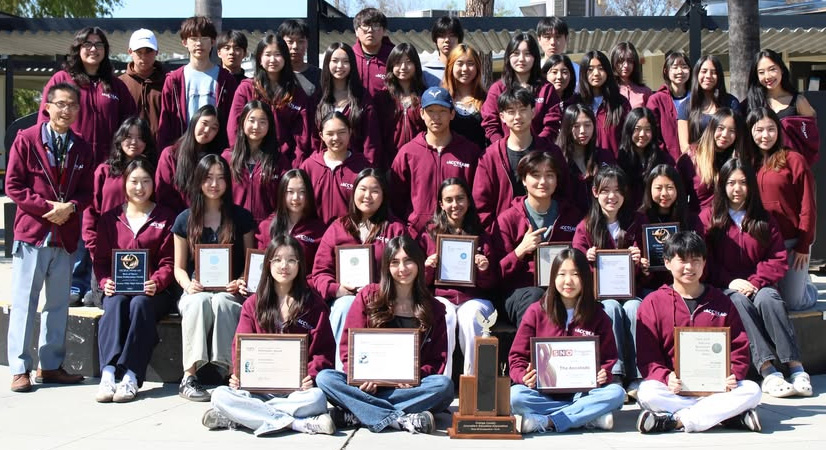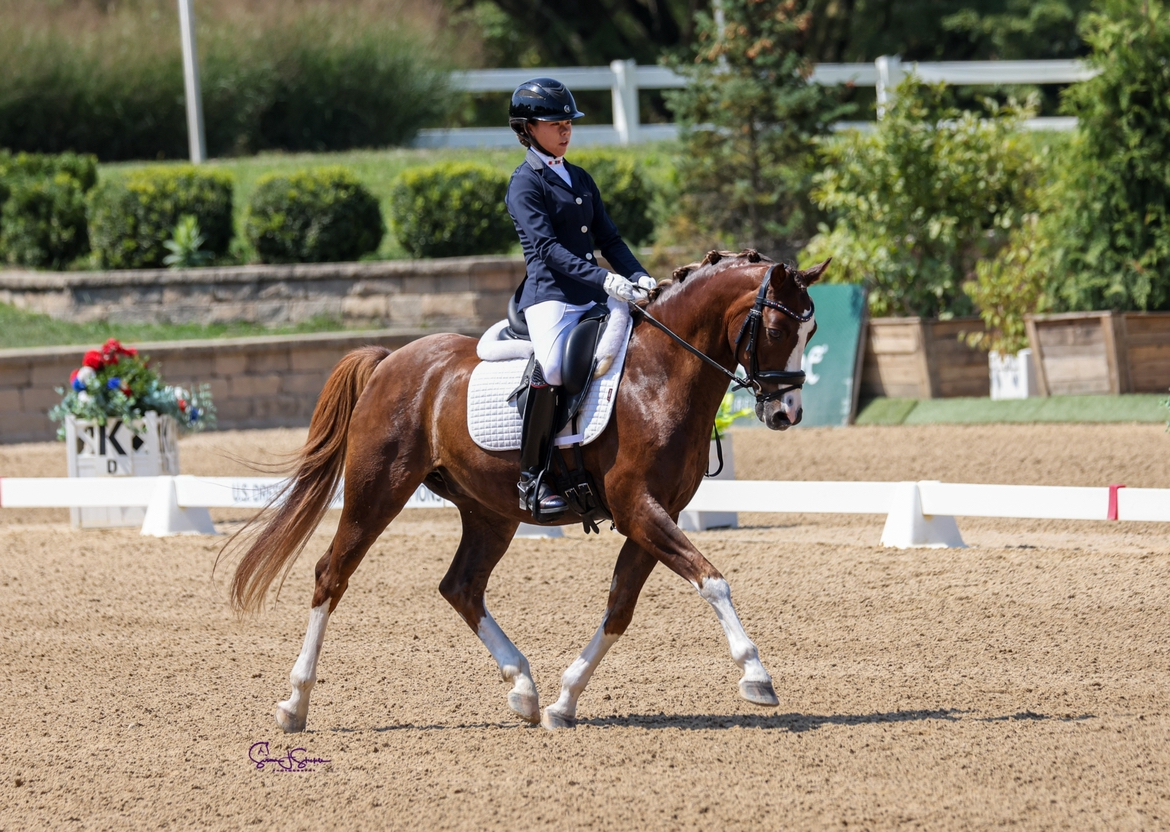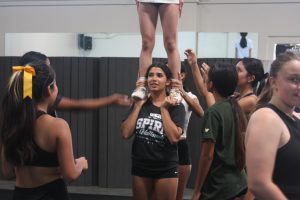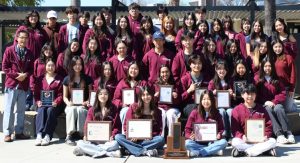My fellowship with the California Democratic Party teaches me a lot about the problems COVID-19 has caused for elderly volunteers
December 6, 2020
“OK, so what is this Google Chrome, and why do I need it to start making calls? Will it disconnect me from the Zoom if I switch tabs?” she frantically asked while squinting at the screen.
“Don’t worry about that right now. Just follow these directions, and you should be fine!” I replied with a nervous smile on my face, trying to calm her down.
This was not the first time I had dealt with an overwhelmed volunteer phone banker, and it would not be the last.
Over the span of the last four months of my fellowship for the California Democratic Party, I attended dozens of online phone banking events, during which volunteers made calls to registered voters in Southern California through an automated system.
My main responsibility during the event was to provide technical support for the volunteers, although the elderly ones were mostly the only ones who needed it.
When I interviewed for the program, I was told that I would have to allocate 10 hours per week for phone banking events, voter registration assistance and any other campaign activities.
I jumped on the opportunity because I not only believed in what the Democratic Party fought for, but I also wanted experience working for a political campaign.
When I was assigned this job during my first event on July 19, I thought to myself, “It looks like I’m not going to have much to do today. This process is so simple that basically no one is going to need my help.”
I soon realized how incredibly wrong I was.
Not only did I spend the entire time during the three-hour event helping the volunteers, but I also spent 45 minutes on the phone helping a 75-year-old woman make a volunteer account for the phone banking system.
After my first few events, I began to realize how truly difficult it was for the elderly to operate technology.
In fact, according to a study conducted by the Pew Research Center, three-fourths of adults over the age of 65 years need someone else to set up their electronic devices for them. One-third of them also said that they were only a little or not at all confident in their ability to use electronics.
The problem of technological illiteracy — or the inability to use, manage and understand technology — has become even more prevalent now and has consumed almost every aspect of our lives. These days, people need to know how to navigate technology in order to do everyday tasks like booking doctors appointments, purchasing groceries and, yes, being involved in our democracy.
Historically, the older generation has always been more involved in activities like voting, campaigning and volunteering.
Over the last five years, 21% of adults over the age of 65 have volunteered or campaigned for a political party, making them the largest group to do so, according to the Pew Research Center.
However, since all campaigns have moved many of their events to online platforms, many elderly Americans are now struggling.
During my fellowship, I heard numerous horror stories from elderly volunteers about how they get so overwhelmed with technology that they feel the need to cry, pray or even shut their laptops and walk away.
As extreme as these reactions may seem, I completely understand where they are coming from. Even I struggle with technology, despite being generally comfortable with it.
At one of the online events in August, I was on a call, helping a sweet older woman with her technological issues, when she told me that she really wanted to be involved in the Biden campaign’s events but can only do it when her son is home to help her with all the technical aspects of it.
She said that, as a descendant of Holocaust survivors, she felt a responsibility to warn others about the dangers of reelecting a fascist leader like Trump. She also said that she had phone banked many times, back when they used landlines and phonebooks. But now she finds herself battling a steep learning curve.
Sadly, she is not alone. Older people all across the country are now finding themselves in this difficult situation of wanting to help a campaign but not having the skill set to do it.
However, the good news is that young people like me and the other 15 fellows in my district are working hard to help these older people in any way we can.
My fellowship opened my eyes to the dedication the volunteers have. They are willing to overcome technical difficulties in order to do their part to help, especially if they are given support from other volunteers and fellows.
These volunteers truly deserve a big thank you from the rest of us, for all of the work they have done for the good of our democracy.
Please visit https://www.cadem.org/ for more information on how you can get involved and make a difference in your community.


